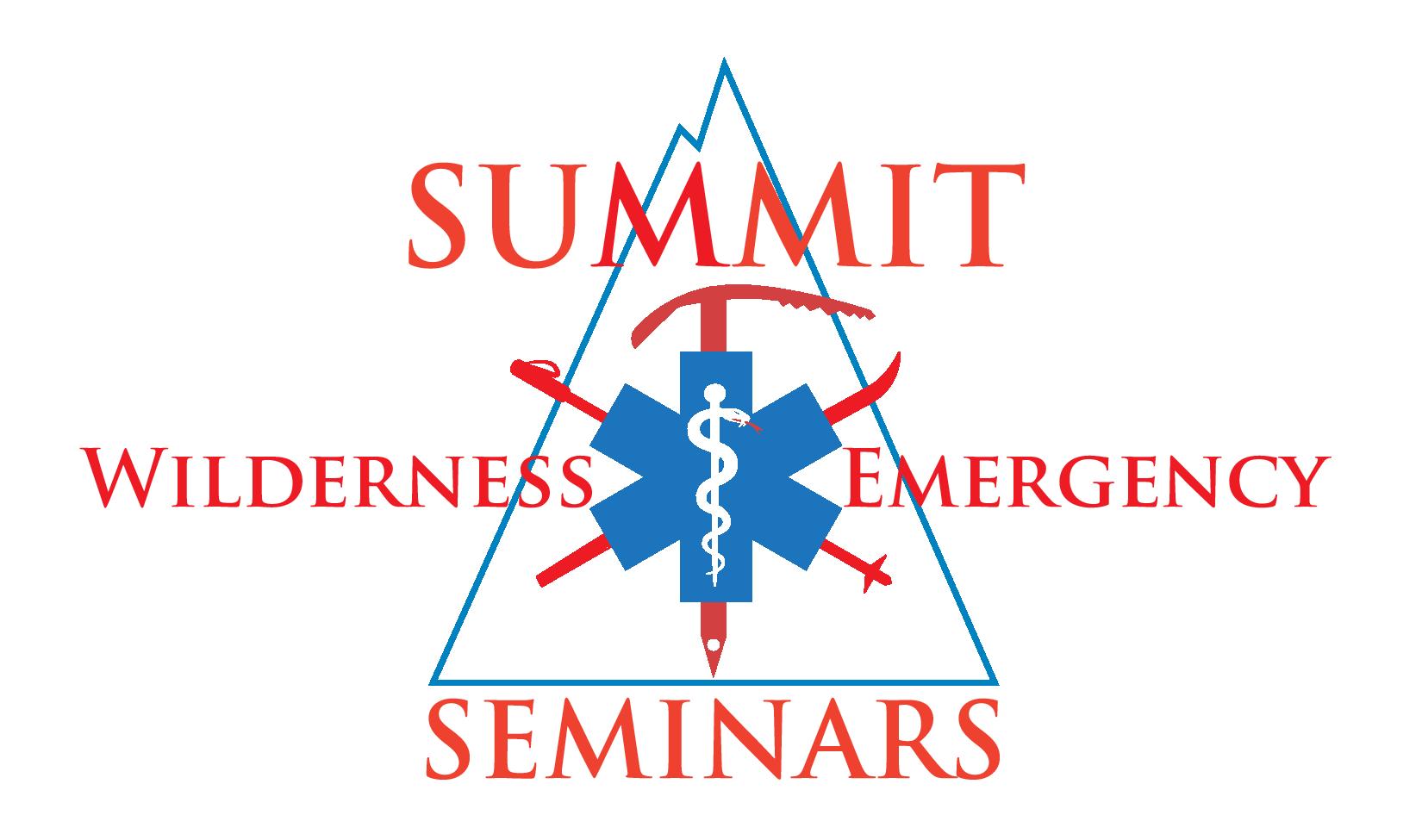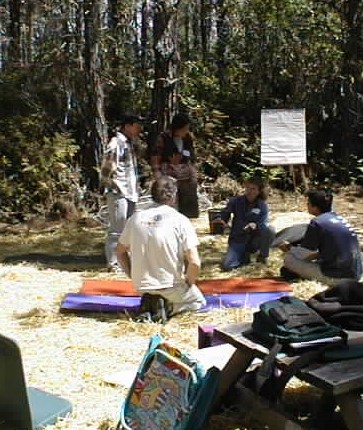Director

John "Bugeye" Papastathis
Emergency Room Nurse, New Mexico
Staff

Roger Dingman
EMT, Captain, South Coast Fire Department, California
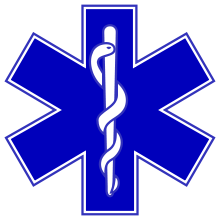
Alex Kallenberger
EMT, Emergency Room Tech, Wilderness Survivalist, New Mexico
Advisory Board
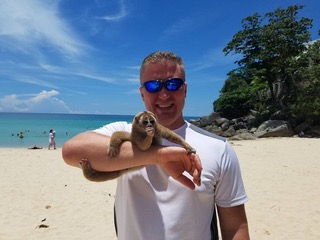
John Kah, MD
Board Certified Emergency Physician, New Mexico
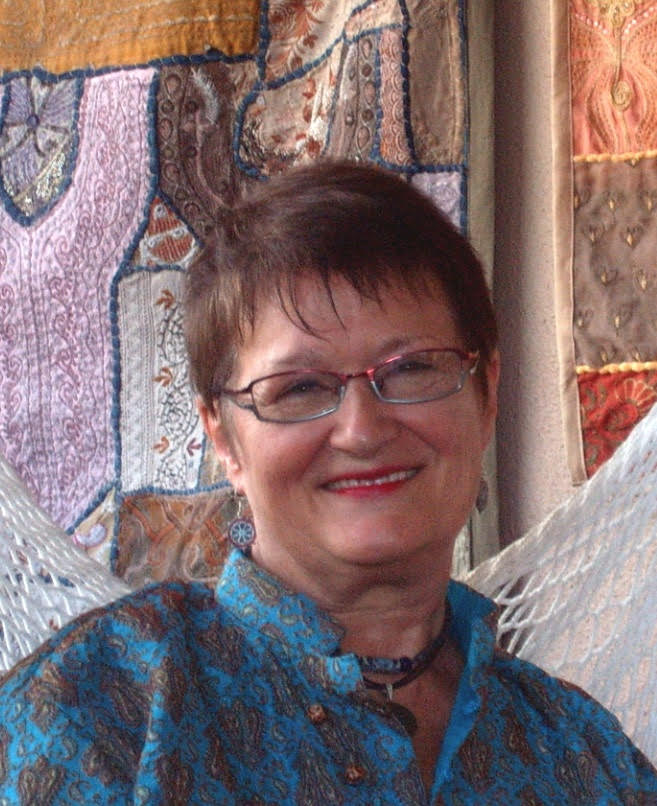
Mim Chapman, PhD
Relationship Counseling, Critical Incident Stress Debriefing, New Mexico
ECOR is an intensive 3-day class for serious off-road adventurers and/or group leaders. What do
you do when you’re deep in the outback where there’s no cell connectivity, no way to contact
911, and you have an accident, illness or injury? External help is not coming, so members of the
group need the skills to assess and treat someone who is in trouble and to prepare them for
eventual evacuation.
BEC is a 2-3-day seminar for outdoor adventurers, group leaders, climbers and hikers. Sprained
ankles, blisters, sunburns or simple falls are minor challenges when you are in town. But how
do you deal with them when you’re high in the mountains, or on a simple day hike, miles from
the nearest road? Lives have been lost due to relatively small injuries, because the hiker did not
have the basic medical skills and knowledge taught in this interactive, experiential, hands-on class.
FEPEC is a program to help individuals and communities prepare for disasters such as floods,
fires, earthquakes and social violence. If you find yourself isolated from community support
during a crisis, do you have the skills and knowledge that will enable you to care for yourself,
your family and neighbors? This seminar will give you facts, techniques, and practice dealing
with traumatic situations.
ECAS is a 2.5-day seminar for sailors. Living on the sea or playing on the water presents a
unique set of challenges if a medical emergency arises. Sailors around the world have a
standard way of calling for help, “Mayday, Mayday, Mayday.” If this came over your radio,
human decency and ship courtesy demands that anyone close enough to help does so. If a May
Day call involved a medical emergency, how much could you help? If that emergency was on
your own boat, would you know what to do? Can you accurately assess the patient? Can you
relay that information over the radio in a meaningful way? Do you know what on your boat will
make a splint? Or a back board? Do you know a pressure point to stop an arterial bleed?
Take a walk on the wild side. Begin to enjoy the wilderness either alone or with a friend and/or
family. A firm foundation in backcountry safely is the key to confidence and enjoyment in the
wilderness.
This seminar was especially created for SWES alumni. In all of the SWES seminars, a key
component to successful learning is the scenario, a real-life simulation of a wilderness medical
emergency. It provides participants with an opportunity to learn by doing the skills that have
been taught. In scenarios, one participant plays the role of the patient - a person needing help
in the wilderness. The others provide care by organizing and providing assessment, emergency
care, and transport to the “injured” person. The hands-on and problem-solving experience of
providing emergency care in a simulated real-life scenario helps build confidence and skill.
The “Lost!” program is a fun, hands-on outing in the woods for kids over 6 and their parents. It
focuses on trail safety, how to “stay found,” and what to do when mom and dad are not in
sight. Getting lost or even separated while in the woods, a park, or even a shopping mall is a
frightening and potentially dangerous experience for both child and parent.
Mission Statement
The goal of Summit Wilderness Emergency Seminars is to provide quality training that prepares
students to respond competently in emergency and/or wilderness situations. Participants will
be challenged not only by the course content, but by the interactive and experiential nature of
our programs, which develop leadership abilities, foster teamwork and communication, and
improve decision-making and problem-solving skills. The natural outgrowth of such an
experience is increased self-awareness and self-confidence, as well as the ability to save lives.

